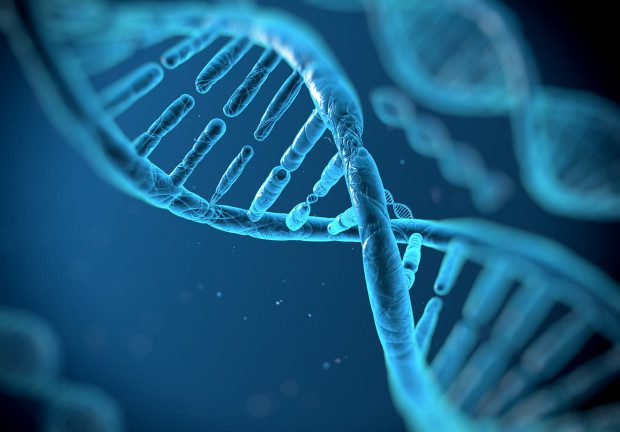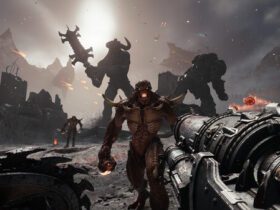Researchers from Ben-Gurion University (also known as BGU) discovered a gene responsible for triggering glioblastoma, a form of brain cancer, which is also one of the reasons why the human brain ages.
The study was conducted by Dr. Barak Rotblat from the university’s Department of Life Sciences in the Faculty of Natural Sciences. The National Institute for Biotechnology in the Negev (NIBN) was posted in the journal Aging last week.
The same genes that give glioblastoma partial immunity to chemotherapy are triggered in an ageing brain, the research suggests.
These genes were unknown before the study.
Rotblat explained that studying cancer grants valuable information about ageing and vice versa.
Rotblat’s research targeted a recent class of genes coding for long noncoding RNA.
Gene products usually are RNA that code for proteins, but though there are about twenty thousand regular protein-coding genes, we currently know that there are more genes whose products are long noncoding RNA.
Rotblat explained that, over the past few years, his team analyzed one of the genes, TP73-AS1, and discovered that it is considerably active in both pediatric and adult brain cells.
“Importantly, not only is this gene highly active in brain cancer, but it also contributes to the aggressiveness of the disease. In glioblastoma, high levels of TP73-AS1 in tumor cells provide protection against chemotherapy,” Rotblat added.
Computational and cell biology techniques helped the researchers identify a protein increasing TP73-AS1 gene activity as a result of chemotherapy and figured out that the protein, called YY1, is also known to trigger numerous genes of ageing brains.
Curiously, ageing and glioblastoma are also believed to be linked, as glioblastoma is considerably more aggressive in older individuals.











Leave a Reply